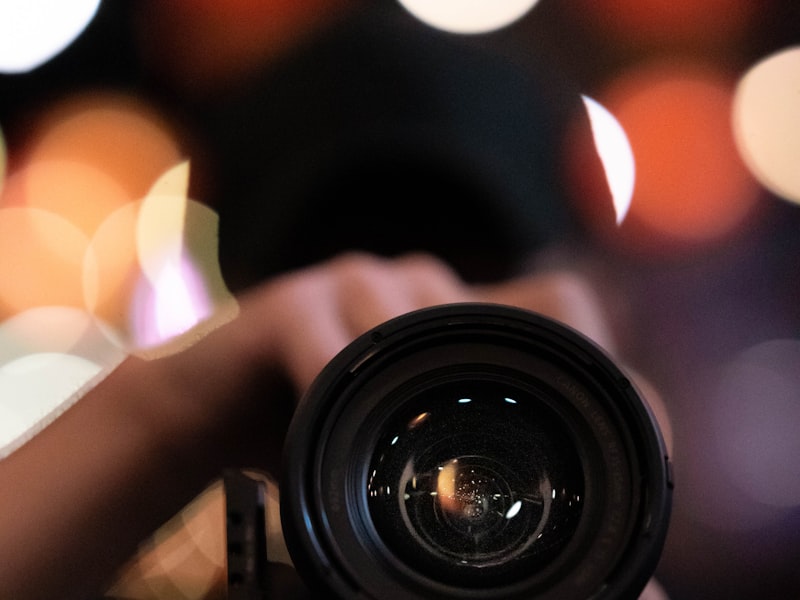Benefits of Reflexology


Reflexology is an ancient complementary therapy that is based on the Chinese belief that certain areas of the hands and feet correspond to certain parts of the body. The practice is considered safe and non-threatening, although there are risks. The benefits of reflexology are also mentioned in this article. Here are a few benefits of reflexology. If you're thinking about reflexology, find out what it can do for you. The following is a brief review of the practice.
Reflexology is founded on the Chinese principle that certain areas that are located on the soles of your feet or hands are connected to other parts of the body
Reflexology involves stimulating these areas by using hands or feet pressure points to ease tension, encourage healing and increase wellbeing. It does this by stimulating the body's parsympathetic nervous system, which is a natural pain relieving mechanism. Reflexology has been practiced for over 3,000 years and was first developed in China. It is a method to complement Western medical practices to help promote wellness and healing. To ensure that practitioners are trained, the Association of Reflexologists has formed. They want to spread awareness of this non-invasive alternative therapy.
There are a variety of theories on how reflexology works. However, some theories are based on observation that certain areas of the hand or foot are connected to various parts of the body. Organs in the same area are affected when pressure is applied to these regions. Reflexologists will often focus on the ball at the foot since it is the region that is linked to anxiety and fear. The adrenal gland is situated beneath the ball of your feet in the shape of a pea. It's like a sack of sand when you are at ease. If you're stressed it's more like a lump.
It's a form of complementary medicine
Reflexology is a powerful alternative medicine, combining reflexology and massage for feet to improve physical and mental health. Numerous studies have proven the positive results of reflexology which is beneficial for both physical and mental well-being. Reflexology can be done by a trained therapist in the privacy of a private practice or hospital. Reflexology is a method to manage pain, anxiety, and enhance the patient's perception of care.
A systematic review of available research has shown that reflexology can improve health by reducing stress and improving relaxation. These studies have limited scope and varied outcomes. Some studies involved only one therapist, and other studies involved multiple therapy providers. Researchers suggest outcomes could be affected by minor variations in the kind of treatment or behavior of the therapist.
It's a low-risk option.
Reflexology is not dangerous. Some individuals may be at risk of having a fractured or broken toe. Before beginning reflexology, make sure you consult your primary physician. The best way to avoid injuries is to stay clear from any reflexology sessions during pregnancy. Patients who are pregnant or nursing must consult with a medical provider prior to starting treatment with reflexology. Reflexology can be extremely beneficial for treating common ailments and conditions.
Reflexology is the application of the pressure of a light source to specific areas of the body. You may feel a slight warming sensation. This therapy is relaxing and is often beneficial to most people. Many have reported a decrease in chronic pain and insomnia. In addition to the reduction of stress it has also been proven to alleviate many of the symptoms of anxiety and insomnia. It has also been proven to improve general health, lessen tension, and increase general wellbeing. Reflexology is typically provided in health clinics, wellness studios, hospitals and other health facilities.
It is comfortable
Reflexology sessions can be extremely relaxing. Reflexologist will take a short health history and then explain the process. After getting a quick health history, the reflexologist will explain the procedure to the patient. Finally, the consent form is completed by the patient. This will ensure that everyone is informed of the procedure. Reflexologists must be able to speak clearly to clients in order to ensure they are relaxed and do not have any issues. If the reflexologist doesn't seem to be attentive or dismissive of the client, this is an indication of a problem. If you're uneasy, you have the right to end the session.
Find more information While reflexology is a method that can be extremely relaxing, many people doubt its efficacy. While reflexologists aren't able to make claims about the effectiveness of reflexology, they do inform their clients about research regarding its possible advantages. Reflexology is an effective method for people to lower stress levels, improve mood, and alleviate the discomfort and pain associated with many illnesses. It is also a gentle treatment which makes it perfect for people who wish to take care of themselves at home.
It is not intended to provide a cure for or treatment for any illness.
Reflexology helps to cleanse organs in the body, including the liver. It is essential to ensure that the liver functions at its best. Most of the foods we consume have to pass through it. The liver is accountable for metabolise food. When it is functioning at its best it can help our bodies cope with a variety of ailments. Reflexology also promotes relaxation and helps you get to rest. Reflexology has also been known to decrease blood pressure naturally, making it beneficial for people who suffer from high blood pressure.
A thorough review of the literature about reflexology has identified a range positive outcomes that are associated with the practice. Although reflexology is not an effective cure or treatment for any illness however, it has been proven to decrease stress, boost blood circulation and improve the physiological and psychological parameters. This systematic review also focused on the biochemical changes reflexology may cause and also helped in educating healthcare professionals of the benefits. A study of over 8,000 Chinese cases found no evidence to support the use of reflexology as a treatment or cure for any illness.
